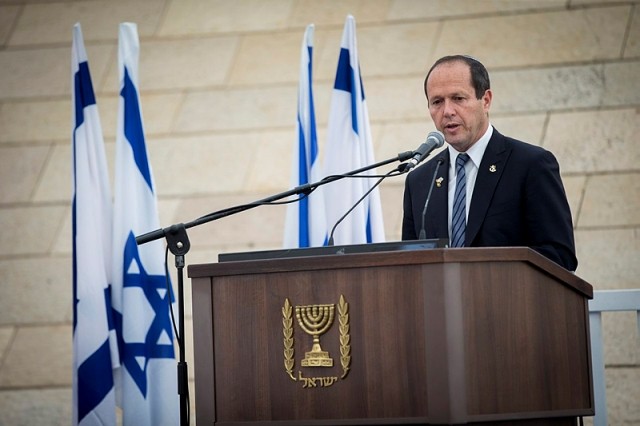Mayor Barkat said that Jerusalem is flourishing, while conceding that much work can be done towards making Israel’s capital even greater.
As Israel celebrates the 50th anniversary of Jerusalem’s reunification, Mayor Nir Barkat said Wednesday that the city has flourished in many areas in recent years, but also warned that continuing the positive trend remains contingent on capital investment by the state.
“Jerusalem is booming,” Barkat told IDF Radio. “We see it in the number and variety of tourists, in the hi-tech sector, cultural renaissance, the tremendous investment in infrastructure for public transportation, new light rails, network cabling, among other things.
“Jerusalem is becoming more attractive, and not just for tourists, but also for young Israelis as well as its own residents,” continued Barkat. “I am sure this process will grow and flourish as long as we continue to invest in Jerusalem.”
The Jerusalem Institute for Policy Research reported that over the last two years, the number of hi-tech employees in Jerusalem has spiked by 28 percent, compared to a national average of 8 percent.
The municipality also expects Jerusalem to become the capital of autonomous drive cars with the expansion of Mobileye in the city.
Additionally, 3118 new immigrants made Aliyah [immigration to Israel] to Jerusalem in 2016, totaling 18,577 immigrants since 2011.
Jerusalem – a City of Coexistence
Jerusalem is also experiencing successful coexistence, Barkat stressed, with many Arab residents living in Jewish neighborhoods and ultra-Orthodox Jerusalemites living in secular neighborhoods.
The Central Bureau of Statistics reports that a total of 72 percent of Jerusalemites are satisfied with their area of residence.
According to Barkat, the city’s development budgets grew from half a billion to three billion shekels under his leadership, but the city still faces important socio-economic challenges.
“The disparities between the needs of the city and the municipal services which are still not competitive enough, need to be translated into resources,” he continued. “We do have work plans to address the needs for developing the city, upgrading the infrastructure and improving the education system, but we still require more funds to move forward.”
“I admit, we all still have a lot of work to do […] to transform ‘If I forget you Jerusalem’ from a saying to a practical reality,” said Barkat. “Fortunately, if every person connects to Jerusalem in different ways, the love for the city is present in the hearts of each and everyone within the state,” Barkat concluded.
By: Ilana Messika/TPS


